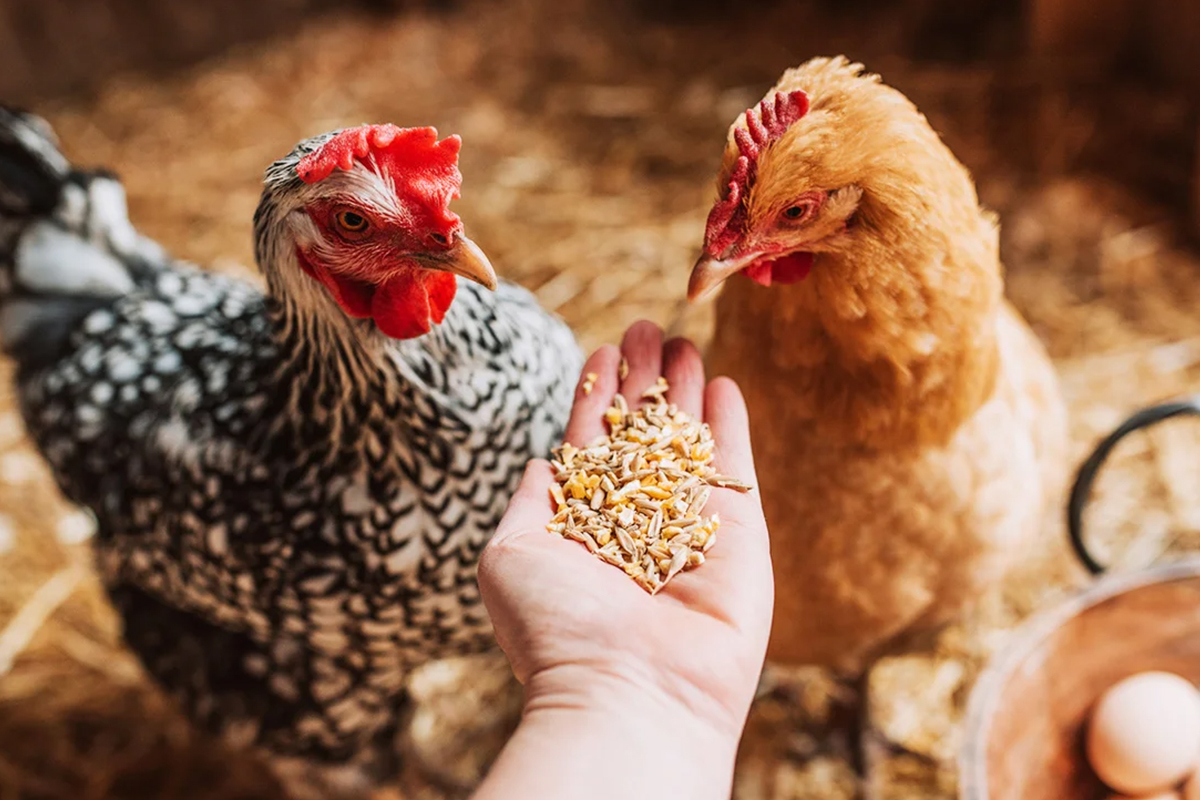
The Essential Guide to Poultry Health Management: Tips and Medications
The Essential Guide to Poultry Health Management: Tips and Medications
Introduction: Poultry farming is a dynamic and rewarding industry, but it comes with its unique set of challenges. One of the key concerns for poultry farmers is maintaining the health and well-being of their flocks. In this comprehensive guide, we will explore the various health challenges faced by poultry farmers and shed light on how pharmaceutical products play a crucial role in ensuring the health and vitality of poultry. We will discuss common diseases, preventive measures, and the latest medications available to keep your poultry healthy and thriving.
Understanding Common Poultry Health Challenges: Poultry, whether raised for meat or eggs, can be susceptible to a range of diseases and health issues. Some of the most common health challenges faced by poultry farmers include:
- Respiratory Infections: Poultry can fall victim to respiratory infections caused by bacteria or viruses. These infections can spread rapidly through a flock and impact overall productivity.
- Coccidiosis: A parasitic disease that affects the intestines of poultry, coccidiosis can lead to decreased growth rates and increased mortality if left untreated.
- Marek's Disease: A highly contagious viral disease, Marek's disease can cause tumors, paralysis, and a significant decline in flock health.
- Avian Influenza (Bird Flu): This highly contagious disease poses a severe threat to poultry populations and can lead to large-scale culling of infected birds.
Preventive Measures: Prevention is often the best approach to poultry health management. Here are some essential preventive measures that every poultry farmer should consider:
- Biosecurity: Implement strict biosecurity measures to prevent the introduction and spread of diseases on your farm. This includes controlling access to the farm, sanitizing equipment, and isolating sick birds.
- Vaccination: Consult with a veterinarian to develop a vaccination program tailored to your flock's specific needs. Vaccination can provide crucial protection against common diseases.
- Proper Nutrition: Ensure that your poultry receive a balanced diet with the right nutrients. A well-fed bird is better equipped to resist diseases.
- Clean Environment: Maintain clean and well-ventilated housing for your birds. Proper sanitation reduces the risk of disease transmission.
The Role of Pharmaceutical Products: Pharmaceutical products are invaluable tools in poultry health management. They can help treat and control diseases when prevention falls short. Some key points to consider:
- Antibiotics: In cases of bacterial infections, antibiotics can be prescribed by a veterinarian. However, their use should be judicious to avoid antibiotic resistance.
- Anticoccidial Medications: To combat coccidiosis, anticoccidial medications are available in various forms, including feed additives and water treatments.
- Vaccines: Vaccines are essential for preventing diseases like Marek's disease and avian influenza. Work closely with your veterinarian to schedule vaccinations at the right times.
Conclusion: Maintaining the health of your poultry is paramount for success in the industry. By understanding common health challenges, implementing preventive measures, and utilizing pharmaceutical products, when necessary, poultry farmers can ensure the well-being and productivity of their flocks. Remember that consulting with a veterinarian and staying informed about the latest advancements in poultry health management are essential steps toward success in this dynamic industry.